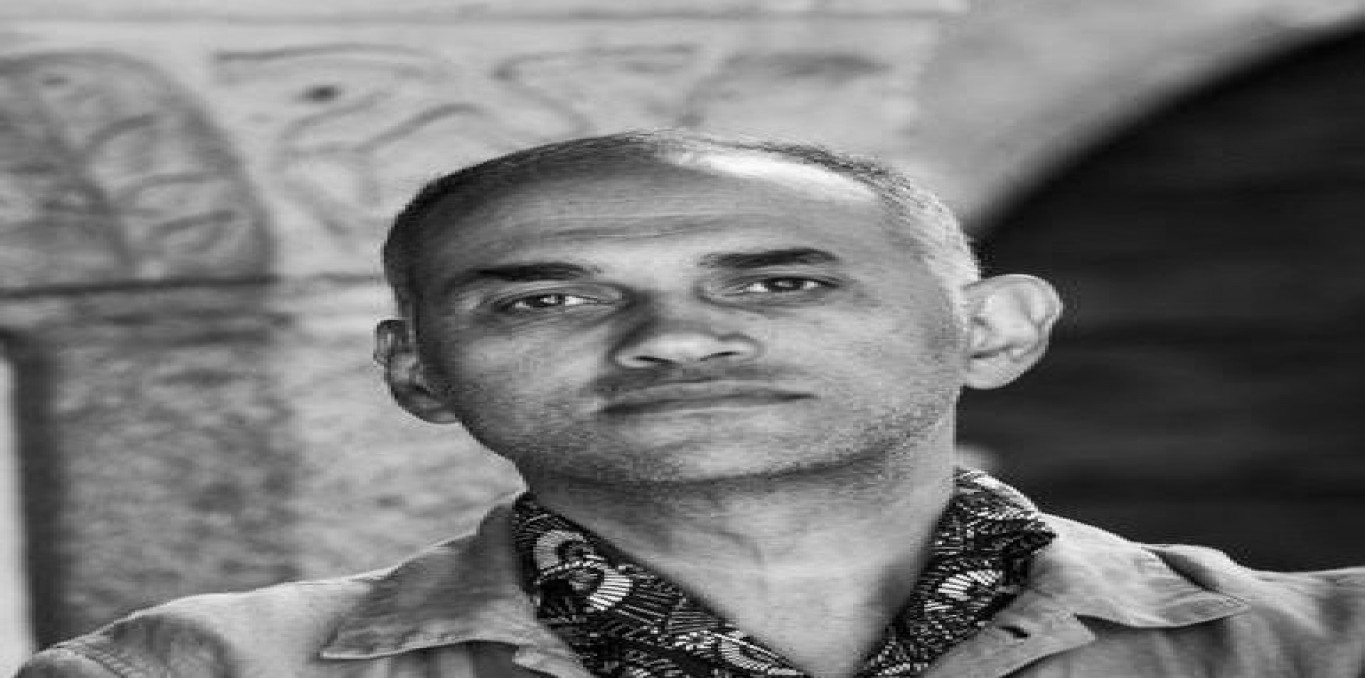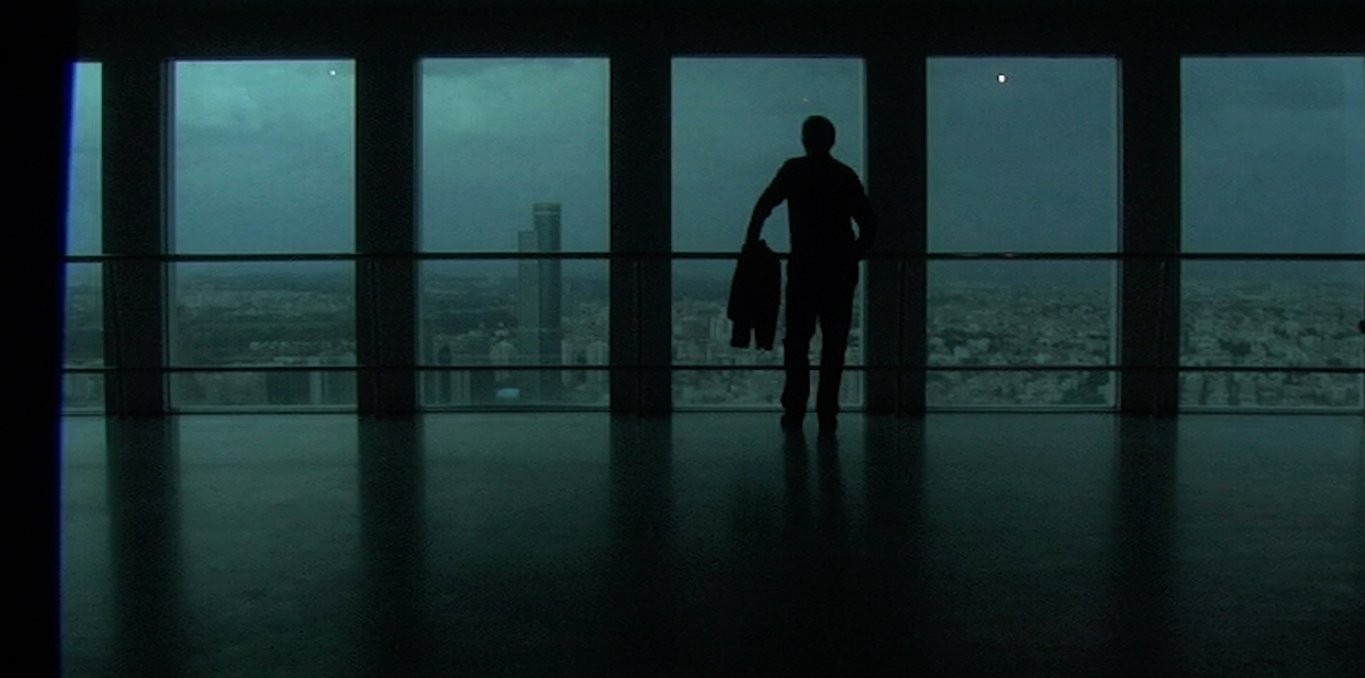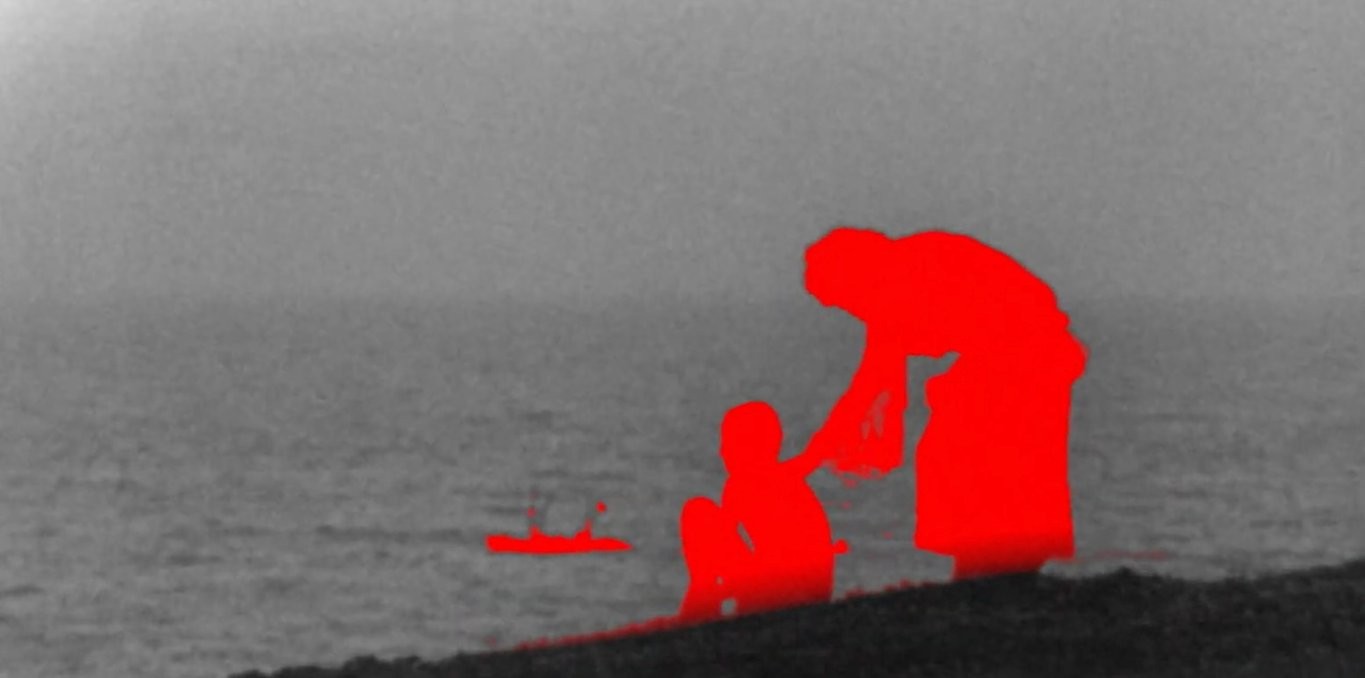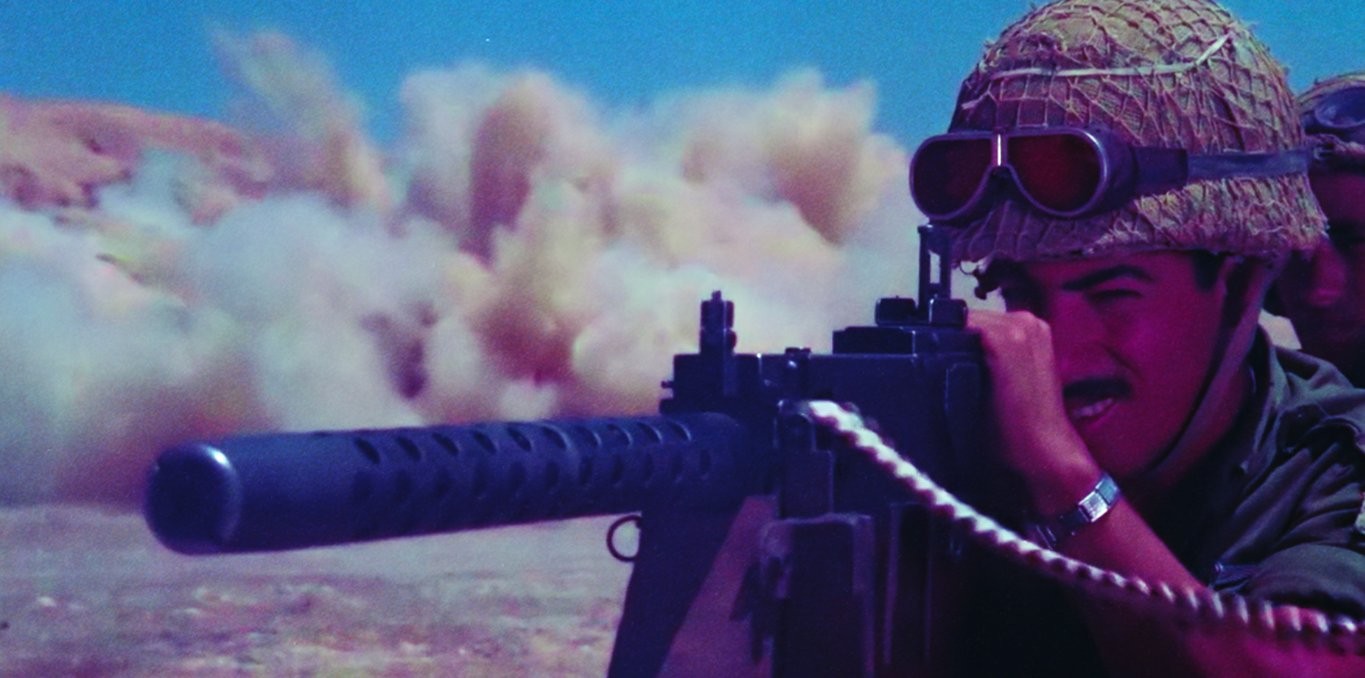Kamal Aljafari

Amidst fragments of memories and images of a people beset with the insignia of erasure, Kamal Aljafari’s cinema presents chapters of an unfinished story, all at once personal and communal. The Palestinian director and artist, born in the city of Ramla, in 1972, and based in Germany for years, has created a poetic filmography, devising an elaborate mise-en-scene with different modes of resistance against the systematic attempts to destroy subjects, places, and the symbolic field that attest to a Palestinian existence. Over the course of his almost two-decade career, the filmmaker has undertaken a thorough investigation into the forms and politics of images amidst their power games, about what is seen and what has been made invisible, among material and memorial ruins interpolated in the editing room. His oeuvre is largely affiliated with the world of documentary, although it rallies a variety of different procedures and formats in dialogue with the visual arts as much as the essay and experimental universe. One of the hallmarks of this process lies in the manipulation of images in an attempt to extrapolate their figurative nature – such as the use of domestic surveillance footage from a street camera in his latest feature film, An Unusual Summer (2020). His film A Fidai Film (2024) premiered in the Burning Lights competition of Visions du Réel, where it won the Jury Award. More recently, his film With Hasan in Gaza (2025) premiered in the international competition of the 78th Locarno Film Festival.
Related to this realisator

The Roof
Duration: 2h02
Subscription access
Straddling documentary and filmed autobiography, this deceptively tranquil film portrays the family of filmmaker Kamal Aljafari in Ramla and Jaffa, through the calm yet unceasing movements of a camera drifting through the rooms of abandoned, damaged, or ruined houses. The title refers to the missing roof of the house where the director’s family settled in 1948—a home left unfinished, a construc...

A Fidai Film
Subscription access
In the summer of 1982, the Israeli army invaded Beirut. During this time it raided the Palestinian Research Center and looted its entire archive. The archive contained historical documents of Palestine, including a collection of still and moving images. Taking this as a premise, _A Fidai Film_ explores the visual memory of this looting and appropriates images now in the hands of Israeli archives.

Paradiso, XXXI, 108
Subscription access
_Paradiso, XXXI, 108_ ironically questions our view of war and occupation through archival footage from the Israeli army in the 1960s and 1970s. Palestinian filmmaker Kamal Aljafari creates a montage revealing scenes where acts of war appear simultaneously comic, mundane, and surreal, inviting a deep reflection on the representation of violence and power.

An Unusual Summer
Following an act of vandalism, the father of the Palestinian filmmaker Kamal Aljafari decides to install a surveillance camera in order to record the scenes unfolding in front of his house.

The Roof
Duration: 2h02
Subscription access
Straddling documentary and filmed autobiography, this deceptively tranquil film portrays the family of filmmaker Kamal Aljafari in Ramla and Jaffa, through the calm yet unceasing movements of a camera drifting through the rooms of abandoned, damaged, or ruined houses. The title refers to the missing roof of the house where the director’s family settled in 1948—a home left unfinished, a construc...

A Fidai Film
Subscription access
In the summer of 1982, the Israeli army invaded Beirut. During this time it raided the Palestinian Research Center and looted its entire archive. The archive contained historical documents of Palestine, including a collection of still and moving images. Taking this as a premise, _A Fidai Film_ explores the visual memory of this looting and appropriates images now in the hands of Israeli archives.

Paradiso, XXXI, 108
Subscription access
_Paradiso, XXXI, 108_ ironically questions our view of war and occupation through archival footage from the Israeli army in the 1960s and 1970s. Palestinian filmmaker Kamal Aljafari creates a montage revealing scenes where acts of war appear simultaneously comic, mundane, and surreal, inviting a deep reflection on the representation of violence and power.

An Unusual Summer
Following an act of vandalism, the father of the Palestinian filmmaker Kamal Aljafari decides to install a surveillance camera in order to record the scenes unfolding in front of his house.
